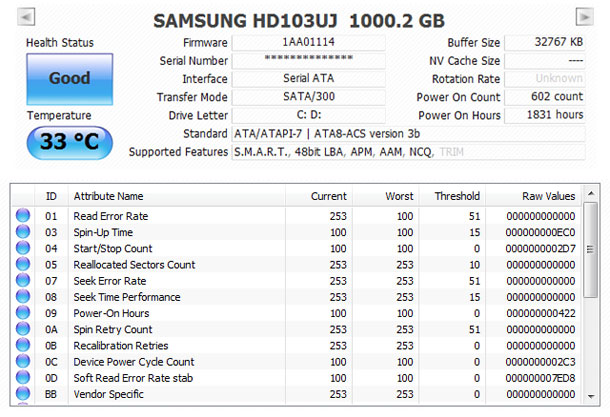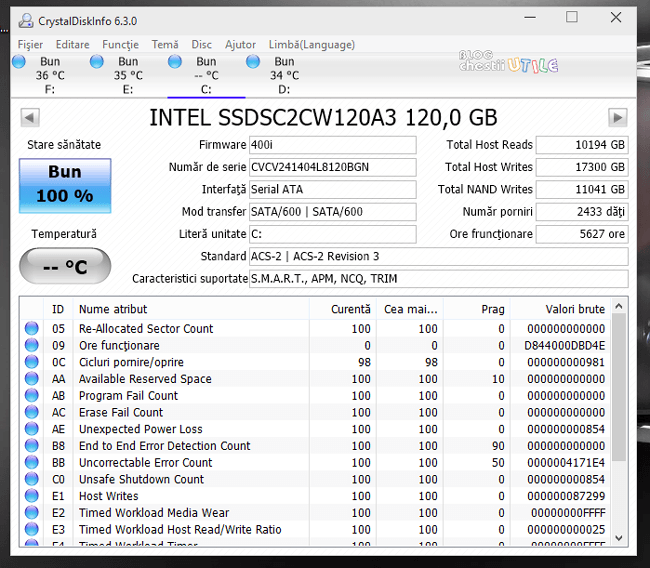
Others on the thread responded to this comment saying how their game load times were noticeably slower, and that there were stuttering issues post-Patch Tuesday installation. The above-mentioned comment has gathered quite a few upvotes, implying that at least a few of those users also experienced similar issues after installing the update. Needless to say, this issue seemed to get fixed when they reverted back, so clearly, the culprit has been found beyond any doubt. Users posted on Reddit that their NVMe SSD speeds were more than halved, going from the rated 7,000MB/s down to as low as 3,000MB/s. This past week, Microsoft released Patch Tuesday updates as it was the second Tuesday of the month, so the process continues without a flaw.įurthermore, it was also with this cumulative update that Moment 2 got pushed to all users, and according to some users’ feedback, the update may be slowing down SSDs or other boot drives.


Users report slower SSD speeds after recent patches There were a lot of things wrong and a lot of bugs still affecting version 22H2, but Microsoft is slowly eliminating most of them. We’re talking about a Windows 11 version 22H2 update, so Windows 10 users can breathe a sigh of relief, as this is not at all about them. A lot of users have reported slower performance after installing one of these updates.

It’s the same with the recent Patch Tuesday rollout for March 2023, in case you weren’t already aware.

There’s no hiding the fact that most of Microsoft’s patches end up breaking more stuff than they actually fix, so let’s not beat around the bush. Home › Windows 11 › March 2023 Patch Tuesday update is seriously slowing down your SSD


 0 kommentar(er)
0 kommentar(er)
